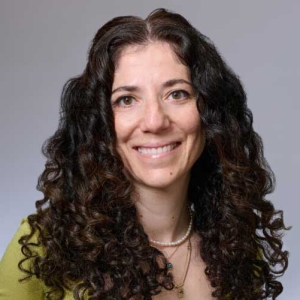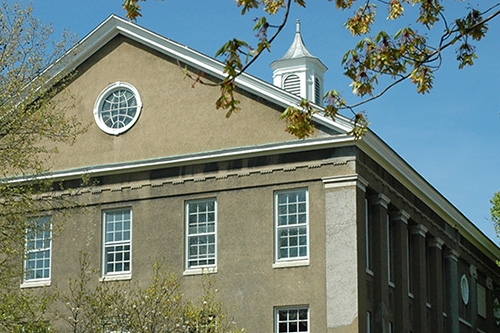
Ayse Payir
Research interests
My research interests lie at the intersection of cognition, culture, and imagination in early to middle childhood, and I direct the Mind and Culture Laboratory (MaCLaB) at Union College. The overarching goal of my research is to explore how children understand the world: Do they understand it primarily in terms of natural causes, or are they disposed, from an early age, to invoke supernatural causes? I am particularly interested in the following research questions:
1.How do children imagine alternatives to reality?
2. How do these alternatives influence emotional experience and moral judgments?
3. How do cultural factors determine the boundaries of these alternatives?
4. How do children and adults reason about the phenomena that they cannot experience firsthand, such as religious and scientific entities and claims?
5. What are the origins of the perceived conflict between science and religion?
6. How do seemingly contradictory scientific and religious explanations develop from childhood to adulthood?
Teaching interests
Dr. Payir currently teaches Introduction to Psychology, and she has experience and interest in teaching a variety of courses including courses in Developmental Psychology, Research Methods, and interdisciplinary seminars.
Publications
Selected Recent Peer-reviewed Articles:
Payir, A., Soley, G., Serbest, O., Corriveau, K., & Harris, P. L. (2024). Religious polarization and the justification of belief in invisible scientific versus religious entities. Child Development. https://doi.org/10.1111/cdev.14118
Ma, M., Payir, A., Mcloughlin, N., & Harris, P.L. (2024). Scientific and religious beliefs are primarily shaped by testimony. Trends in Cognitive Sciences. https://doi.org/10.1016/j.tics.2024.04.014
Payir, A., Corriveau, K., & Harris, P. L. (2023). Children’s beliefs in invisible causal agents – both religious and scientific. Advances in Child Development and Behavior, 65. https://doi.org/10.1016/bs.acdb.2023.05.003
Payir, A., Heiphetz, L., Harris, P. L., & Corriveau, K. (2022). What could have been done? Counterfactual alternatives to negative outcomes generated by religious and secular children. Developmental Psychology, 58(2), 376–391. https://doi.org/10.1037/dev0001294
Payir, A., Mcloughlin, N., Cui, K.Y., Davoodi, T., Clegg, J., Harris, P. L. & Corriveau, K. (2021). Children’s ideas about what can really happen: The impact of age and religious background. Cognitive Science, 45(10), e13054. https://doi.org/10.1111/cogs.13054
Payir, A., & Davoodi, T., Cui, Y.K., Clegg, J., Harris, P. L., & Corriveau, K. (2020). Are high levels of religiosity inconsistent with a high valuation of science? Evidence from the United States, China and Iran. International Journal of Psychology, 56(2), 216-227. doi: https://onlinelibrary.wiley.com/doi/10.1002/ijop.12701
Payir, A., & Guttentag, R. (2019). Counterfactual thinking and age differences in judgments of regret and blame. Journal of Experimental Child Psychology, 183, 261-275. doi: https://doi.org/10.1016/j.jecp.2019.02.007
Selected Recent Book Chapters:
Payir, A. & Harris, P. L. (2023). Children’s ideas about stories and about reality. In A. James, F. Lavocat, & A. Kubo (Eds.), Routledge Handbook of Fiction and Belief. New York: Routledge.
Payir, A., Mendonça, S., Palhares, F., Liang, Y., Merçon-Vargas, E., Freitas, L., & Tudge, J. R. H. (2017). Cross-cultural variations in the development of gratitude. In J. Tudge & L. Freitas (Eds.), Developing gratitude in children and adolescents. New York, NY: Cambridge University Press. https://doi.org/10.1017/9781316863121
